In many shops today, it is common to find GMOs and everyone seems to have an opinion on them. But what actually are GMOs?
GMO stands for ‘Genetically Modified Organism’. Genetically modifying organisms involve inserting DNA into the genome of an organism. The first step is to identify the gene that you want to transfer to give a desired characteristic. Then the gene is inserted into the DNA of the plant cells, from which cells are grown in a tissue culture and develop into plants. The seeds produced from these plants will inherit the new DNA.
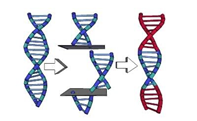
Quorn is an example of a GMO. Many see Quorn as a revolution in food and an asset in vegetarian and vegan diets.
By why are GMOs so controversial? Many scientists and nutritionists discourage people from eating GM foods due to the apparent health risks and environmental impacts. However, some see GMOs as super foods, the future of agriculture… and even the solution to world hunger.
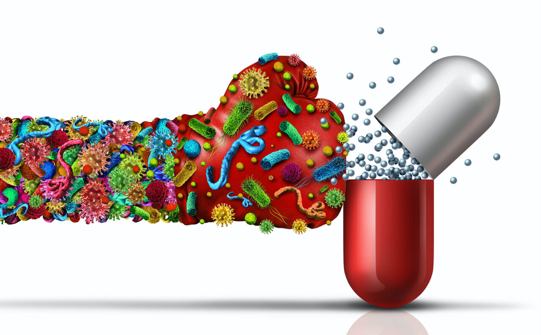
According to the Centre for Food Safety the consumption of GMOs can cause antibiotic resistance in humans, resulting in a significant increase in the spread of infection and diseases in the human population. Virtually all GM foods contain “antibiotic resistant markers” which help scientists identify whether the new genetic material has actually been transferred into the host food. However, FDA officials worry that the introduction of these antibiotic marker genes into our food supply could render important antibiotics useless in fighting human diseases.
GM foods affect human health directly as well. FDA scientists, worry that genetic instability of the organisms creates the added possibility that formally non-toxic elements in food could become toxic and hazardous to human health.
Additionally, genetically modifying foods increases the risk of allergic reactions. One risk is that genetic engineering can transfer allergens from foods that people know they are allergic to, to foods that they think are safe. This risk is not hypothetical. A study by the New England Journal of Medicine showed that when a gene from a Brazil nut was engineered into soybeans, people allergic to the nuts had a serious anaphylactic reaction to the beans.
Without labelling, people with known allergies have no way of avoiding the potentially serious health consequences of eating GM food containing hidden, allergenic material.
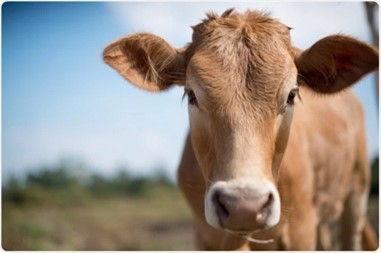
Another major consequence of genetically engineered food is the increased risk of cancer. Along with its approval of GM foods, the FDA in 1993 also approved the use of genetically engineered bovine growth hormone (rBGH) which is used to induce dairy cows to produce more milk. They insured people that rBGH could not survive the cow’s digestion and make its way into the bloodstreams of consumers. Since then, however, regulatory bodies in Canada and Europe have rejected the drug after seeing the immediate increase in the growth of breast, prostate and colon cancer.
But, if GMOs are really that bad, why are so many people still eating them? In 2020 alone 92% of corn planted was GMO corn. There are many benefits of GMOs. These are felt most strongly in areas blighted by diseases, pests, droughts, over population and poverty. Genes that are resistant to disease and drought can be added to plants to allow them to grow in harsher environments. Plants can also be genetically modified to have increased nutritional value and grow faster with fewer pesticides and at cheaper prices. This is exceptionally valuable for places, such as countries in sub-Saharan Africa, which experience periodic droughts and find agricultural activity difficult due to pests such as the Tsetse fly, which eat the stalks and leaves of crops.
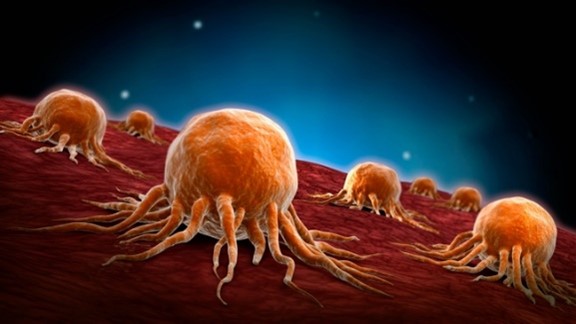
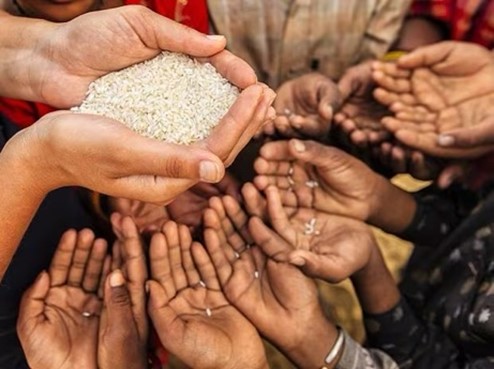
Now, as the consumer, it is important to weigh up costs and benefits of eating GM foods. Overall GM foods do have a negative impact on your health in many different ways but can be lifesaving to people who are malnourished and, on the verge of starvation. So perhaps GMOs should be manufactured for the sole purpose of humanitarian aid and relief rather for commercialised farming to make a profit in countries which do not need them.
Do you value the efficiency and lower price of food more than your health and well-being?
By Nadiya Parker
April 25, 2024 @ 8:32 pm
Very thought provoking piece. An issue that affects everyone
April 26, 2024 @ 9:14 am
Very informative article. Once had a discussion with a dr on the same topic regarding fruits that are modified for sweeteners and bo longer naturally sweet if that makes sense.
April 26, 2024 @ 9:58 am
Certainly “food for thought”. A well written and informative piece. Food security and quality of food will be of utmost importance in the years to come.
April 26, 2024 @ 9:23 pm
Thoroughly enjoyed reading this well balanced article- food for thought!